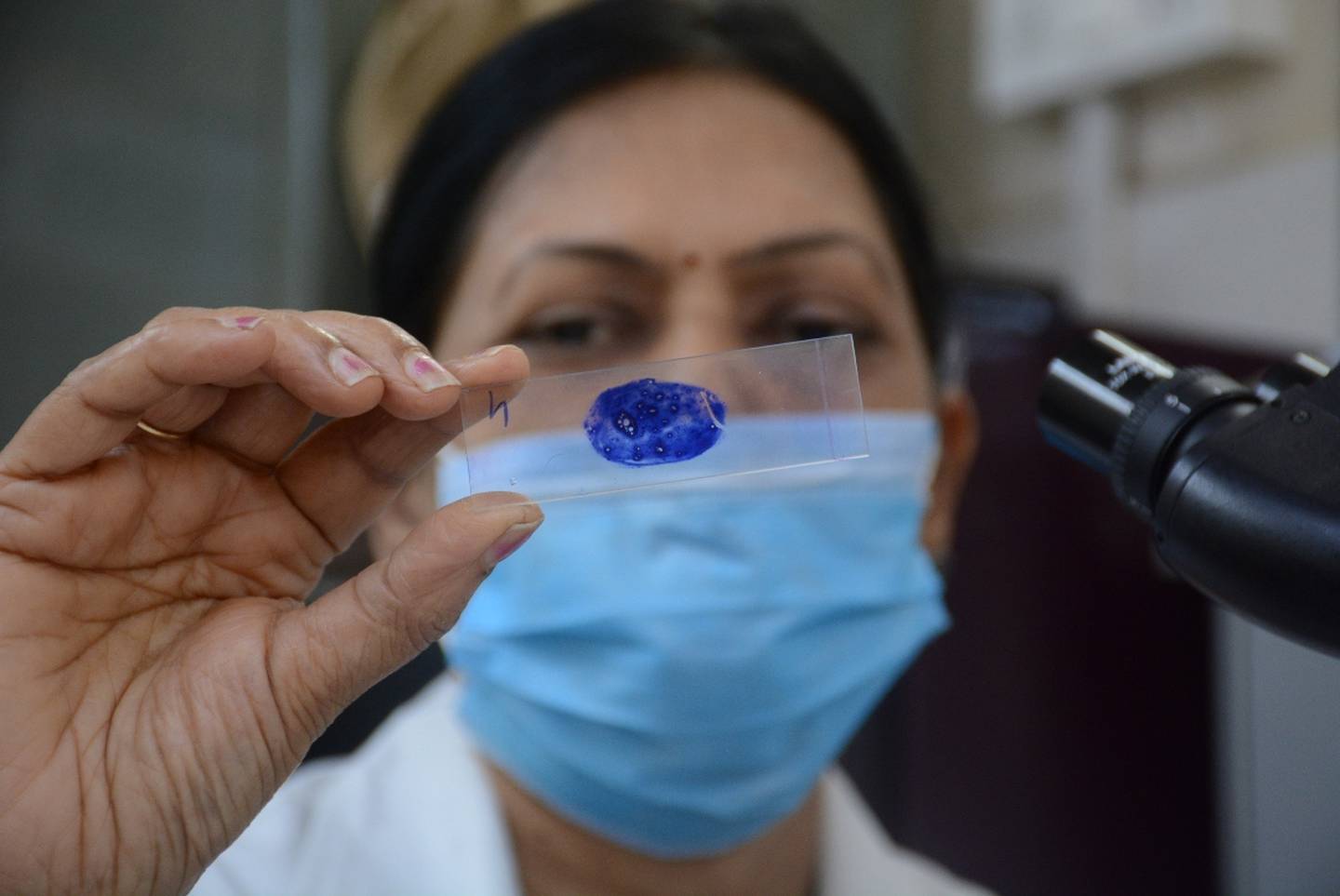
While many would consider tuberculosis a disease of the past, global health experts have warned the global death toll has risen for the first time in a decade – and Australia needs to do more.
Before Covid-19, tuberculosis was the deadliest infectious disease in the world and it will likely reclaim that title again.
The Australian government has been urged to double its investment into fighting the virus, as drug-resistant forms knock on the country's door.
In 2020, at least 9.9 million people contracted TB, while 1.5 million died – up from 1.4 million in 2019.
At least two-thirds of the global tuberculosis burden is in the Asia-Pacific region, where multi-drug resistant forms of the virus are on the rise.
In 2020, the region recorded an 84 per cent drop in detection, meaning people are likely still contracting the disease but are not getting treatment.
Professor Brendan Crabb, chair of Pacific Friends of Global Health and director of the Burnet Institute, said Daru, an island of Papua New Guinea only a few kilometres from Australia, is home to one of the world's highest rates of drug-resistant tuberculosis.
"PNG is just super struggling from a health system point-of-view, and tuberculosis is a complex technical problem," Crabb told RN on Thursday morning.
"It's a bacteria that we struggle to find solutions to, medicines that work, vaccines that work, and so on.

Pathologists examine the samples for Tuberculosis. Photo / Getty
"But it's also very much a disease that needs a very strong health system. It's hard to deliver the medicines that we have, and it is also the social determinants of health – decent housing, decent nutrition, impact incredibly on TB.
"PNG is sort of the perfect cocktail of what can go wrong. Tuberculosis is probably PNG's biggest health problem … biggest problem full stop.
"It's very much in Australia's wheelhouse to try to do something about it."
Crabb and global aid organisation Results International believe the Australian government should double its investment to fighting tuberculosis to $450 million.
They say increasing the funding from the $242m pledged in 2019 would give the world "a fighting chance" to get progress on fighting the virus back on track.
"We know how to fight this disease – in countries where the global fund to fight AIDS, tuberculosis and malaria invests, TB deaths have been reduced by a third," he said.
The global fund provided 77 per cent of all international financing for tuberculosis in 2020. In those supported countries, 4.7 million people were treated, with an 85 per cent treatment success rate.
Crabb said Australia had been a "big supporter" of the global fund, but needed to do more.
"What we're asking them to do is just say, look, this is a unique moment in time, we've got to reverse what's happened with TB. We've been set back ten years," he told ABC Radio.
"That's a trillion-dollar problem. A $3 trillion problem if it's set back 15 years.
"We just can't afford the health and economic impact of that."
He added that more than half the money pledged by world leaders to fight the epidemic at the United Nations in 2018 has not been delivered.
Health Minister Greg Hunt has been contacted for comment.
- by Ellen Ransley, news.com.au
Take your Radio, Podcasts and Music with you









